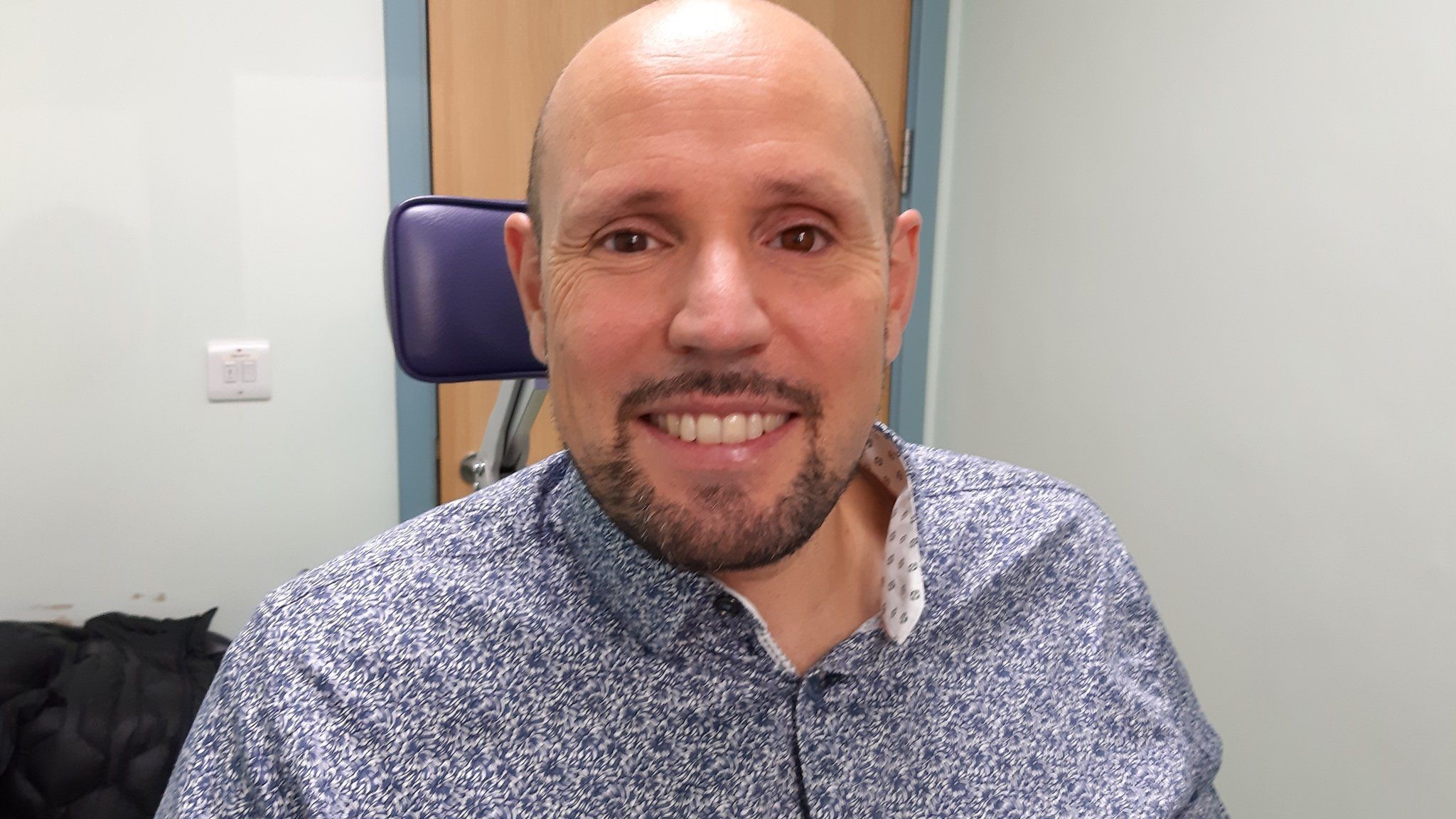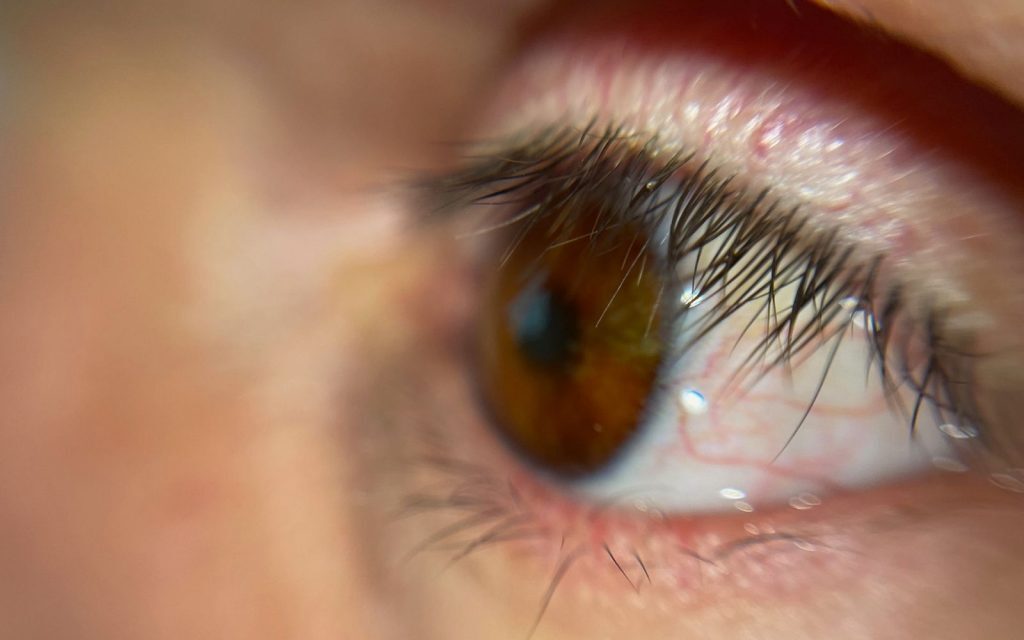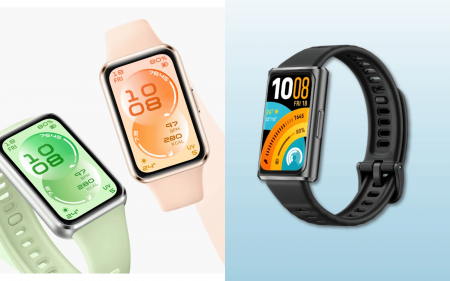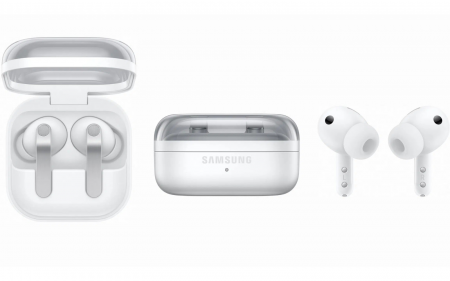3D printing is either something hobbyists do to build plastic stuff that sits on the shelf, or that has high-end applications in space or the field of medicine. This is one of the latter — doctors at Moorfields Eye Hospital in London have fitted a patient with the very first all-digital 3D printed prosthetic eye.
Which is a bigger deal than it sounds. Generally, replacement eyes for those who need them are made entirely by hand. This is a lengthy process, often spanning several months. The process of creating this ocular replacement is considerably quicker. It’s also close to indistinguishable from the real thing.
Got a prosthetic eye on you

The patient, Steve Verze, was fitted with his high-tech prosthetic eye late last month, thanks to the docs at Moorfields, a company called Ocupeye and Fraunhofer ICG. The process of creating the eye involves a very brief scan of the eye socket, as well as colour matching of the other eye. This information is fed to Fraunhofer’s Cuttlefish:Eye software which, along with a purpose-built print driver, is used to replicate the ocular orb.
The scan takes 2.4 seconds, using an Optical Coherence Tomography ophthalmic scanner. A German company, Fit AG, handles the 3D printing once Fraunhofer has generated the 3D model needed to create a custom replacement from the data. From there, it’s given to a team of ocularists for polishing.
It’s estimated that a single printer could generate enough eyes to supply the UK with all of the outstanding prosthetics in short order. That’s a waiting list of more than 10,000 patients. The prosthetic’s creators also expect that, with minimal outlay, they could fulfil the needs of the global market. That’s about eight million artificial eyes. But, before the program can go global, the ongoing clinical trial needs to conclude.
“We hope the forthcoming clinical trial will provide us with robust evidence about the value of this new technology, showing what a difference it makes for patients. It clearly has the potential to reduce waiting lists,” said Professor Mandeep Sagoo, consultant ophthalmologist at Moorfields.




